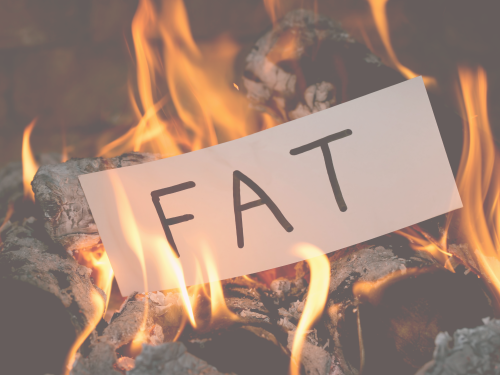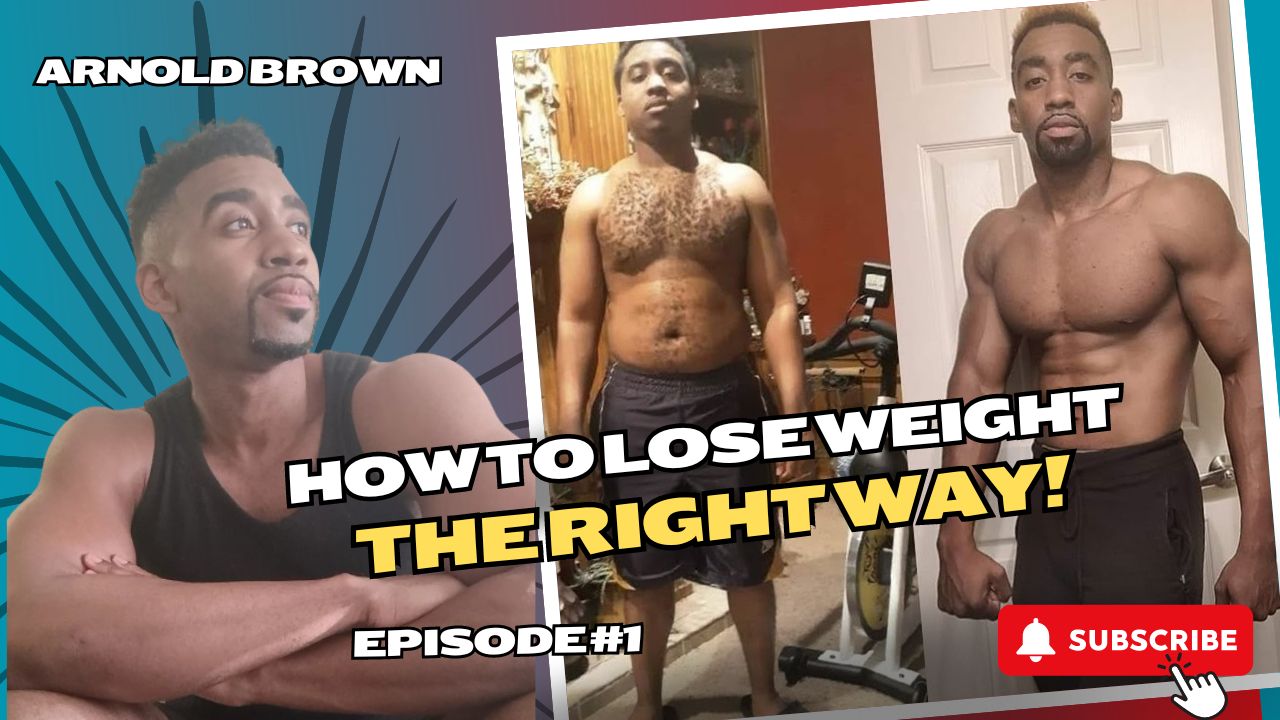Skipping breakfast might sound unconventional, especially since we’ve been told for decades that it’s the most important meal of the day. But what if skipping breakfast could be a key to unlocking better health, fat loss, and even improved mental clarity? Let’s break down what happens when you skip breakfast and how it impacts your body.
@thenewlifechannel♬ original sound – The New Life Channel
The Night Before: Setting the Stage for Fasting

Imagine you finish dinner around 7 PM and are done eating by 8 PM. At this point, your fasting begins. Unlike most other diets, intermittent fasting doesn’t require you to count calories or eliminate specific foods—it’s all about when you eat.
As the evening progresses, your body starts to shift gears. By midnight, your blood sugar levels stabilize, allowing your body to reset and recover during sleep. Your digestive system rests, and your body can focus on other critical repair processes.
Morning: Breaking the Routine

Let’s say you wake up at 7 AM, and instead of heading to the kitchen for breakfast, you decide to skip it. By choosing not to eat first thing in the morning, you extend the fasting window from the night before.
What’s happening in your body?
- 8 AM: Your body begins to tap into its fat reserves for energy. This process, called lipolysis, starts breaking down stored fat.
- Human Growth Hormone (HGH) Rises: Fasting triggers a surge in HGH, which promotes fat loss and muscle preservation. This hormone also aids in cell repair and supports a youthful, vibrant body.
Fueling the Brain

By skipping breakfast, your body enters a state called ketosis, where it produces ketones from stored fat. Ketones act as a super fuel for the brain, enhancing focus, memory, and overall mental clarity. They also help reduce inflammation, which is a root cause of many chronic diseases.
- Decreased Inflammation: Ketones have powerful anti-inflammatory effects, which can help alleviate conditions like joint pain and even improve gut health.
- Brain Boost: Ketones are like fertilizer for the brain, promoting cognitive sharpness and even protecting against neurodegenerative diseases.
Late Morning: Fat Burning Mode

By 10 AM, your fat-burning potential reaches new heights. At this point, your body is fully relying on stored fat for fuel, targeting areas like belly fat and love handles.
Why is this significant? Fat burning during fasting is more efficient because your body has depleted its glycogen stores (the glucose stored in your liver and muscles). Without readily available glucose, your body turns to its fat reserves, helping you lose weight in a sustainable way.
Lunchtime: Breaking Your Fast

By 12 PM, it’s time to break your fast. How you break your fast is just as important as the fasting period itself. To maximize the benefits, focus on FFP: Fiber, Fat, and Protein.
- Fiber: Helps stabilize blood sugar levels, improves digestion, and keeps you feeling full longer. Examples include leafy greens, chia seeds, and avocado.
- Fat: Healthy fats provide long-lasting energy and support brain health. Think olive oil, avocado, or nuts. For ideas on healthy fats, click here.
- Protein: Crucial for muscle maintenance and repair. Include options like eggs, chicken, fish, or plant-based proteins.
Why Skipping Breakfast Works

Skipping breakfast aligns with your body’s natural rhythms. By extending the overnight fasting period, you allow your body to:
- Burn More Fat: Instead of relying on glucose, your body uses fat for energy.
- Reset Hormones: Fasting helps balance insulin levels, making your body more insulin-sensitive and reducing the risk of type 2 diabetes.
- Improve Digestion: Giving your digestive system a break helps it function more efficiently when you do eat.
The Science Behind Fasting

Research has shown that intermittent fasting offers numerous health benefits beyond weight loss. Some of these include:
- Improved Metabolism: Fasting boosts your metabolic rate, helping you burn calories more efficiently.
- Cellular Repair: During fasting, your body initiates autophagy, a process where it removes damaged cells and regenerates new ones.
- Reduced Risk of Chronic Diseases: Studies link intermittent fasting to lower risks of heart disease, cancer, and neurodegenerative conditions like Alzheimer’s.
- Better Mental Health: Fasting improves the production of brain-derived neurotrophic factor (BDNF), a protein that supports brain health and combats depression.
For more detailed information on intermittent fasting, I invite you to read my complete guide here.
How to Get Started

Skipping breakfast may feel unusual at first, but with a few adjustments, it can become a seamless part of your routine.
Tips for Success:
- Stay Hydrated: Drink water, herbal tea, or black coffee during your fasting window to stay hydrated and curb hunger.
- Start Gradually: If a full morning fast feels daunting, start by delaying breakfast by an hour or two and gradually extend your fasting period.
- Listen to Your Body: While hunger is normal, if you feel weak or unwell, adjust your approach and consult a healthcare provider if needed.
Common Misconceptions
1. “I’ll lose muscle if I skip breakfast.”
In reality, fasting increases HGH levels, which protect muscle mass while promoting fat loss.
2. “I’ll feel too hungry to function.”
Hunger typically decreases as your body adapts to fasting. Drinking water or herbal tea can help manage hunger pangs.
3. “Skipping breakfast slows metabolism.”
Research shows that intermittent fasting can actually boost metabolism, not slow it down.
If you still have questions, I invite you to read my blog on the 2 most common questions people have about Intermittent Fasting.
For more benefits on Intermittent Fasting, click here for 8 reasons to consider IF.
Who Should Avoid Skipping Breakfast?

While skipping breakfast is safe for most people, certain groups should exercise caution, including:
- Pregnant or breastfeeding women
- Individuals with a history of eating disorders
- Those with specific medical conditions (consult your doctor)
If you have any concerns, always consult your doctor.
Final Thoughts

Skipping breakfast might go against conventional wisdom, but the science behind intermittent fasting is hard to ignore. By extending your overnight fast, you can boost fat burning, improve mental clarity, and enhance overall health.
Ready to take your fasting journey to the next level? Don’t miss my blog on How Intermittent Fasting Helps You Lose Weight: A Complete Guide for a deeper dive into the benefits and practical tips to make fasting work for you.
Take control of your health today—one skipped breakfast at a time!
Your Thoughts Matter




